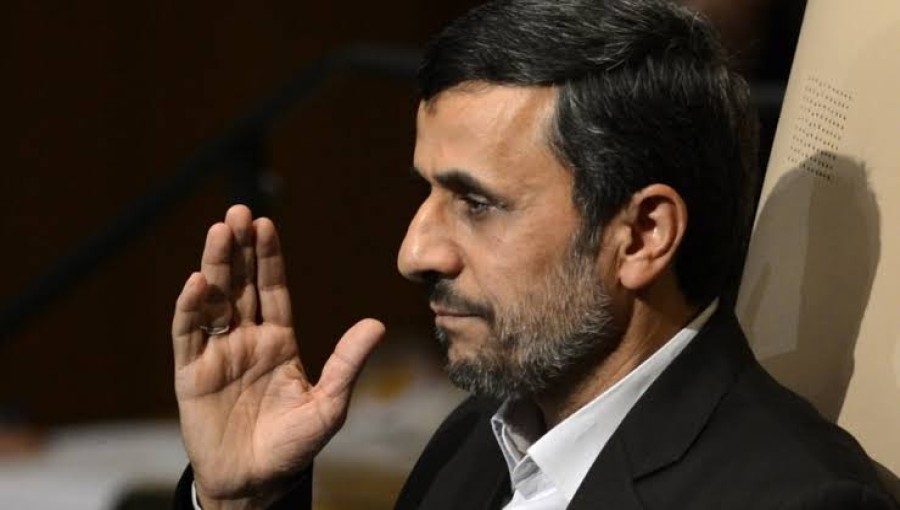In the wake of President Ibrahim Raisi's tragic death in a helicopter crash, Iran is set to hold new presidential elections on June 28. Among the notable candidates vying for the position is former President Mahmoud Ahmadinejad, signaling a potential return to the political forefront for the controversial leader.
Ahmadinejad, who served as Iran's president from 2005 to 2013, announced his candidacy with a message of hope and change. "Not only in Iran, but the whole world is changing rapidly and I am hopeful that we will see a great change soon," he declared, emphasizing his vision for the future amidst a rapidly evolving global landscape.
His supporters in the Iranian parliament have expressed strong backing for his candidacy, citing his enduring popularity among many Iranians. They believe Ahmadinejad's return could galvanize a significant portion of the electorate and reinvigorate the political scene.
Ahmadinejad's political journey has been marked by both significant influence and controversy. After his presidency, he attempted to run for office again in 2017 and 2021, but the Guardian Council, Iran's constitutional election watchdog, disqualified him on both occasions. This led him to become a vocal critic of the electoral process and even of Supreme Leader Ayatollah Ali Khamenei, a stance that saw him sidelined in recent years.
The Guardian Council's role in vetting candidates remains a crucial step in the electoral process. Candidates for the presidency must receive the Council's approval, ensuring they meet specific constitutional criteria and align with the broader political and ideological framework of the Islamic Republic.
As Iran approaches the election date, the political landscape is charged with anticipation and uncertainty. Ahmadinejad's candidacy is poised to be a focal point, potentially reshaping the discourse and dynamics of Iranian politics. His previous tenure was characterized by a mix of populist policies and controversial international stances, which garnered him a complex legacy both domestically and abroad.
In the run-up to the elections, all eyes will be on the Guardian Council's decisions and the broader public response to Ahmadinejad's political resurgence. The coming weeks are expected to be pivotal, not only for the candidates but for the future direction of Iran amidst a backdrop of internal and external challenges.
As the nation prepares to vote, the memory of President Raisi and the circumstances of his untimely death continue to cast a shadow, adding a layer of poignancy and urgency to the upcoming electoral process.





























Comment: